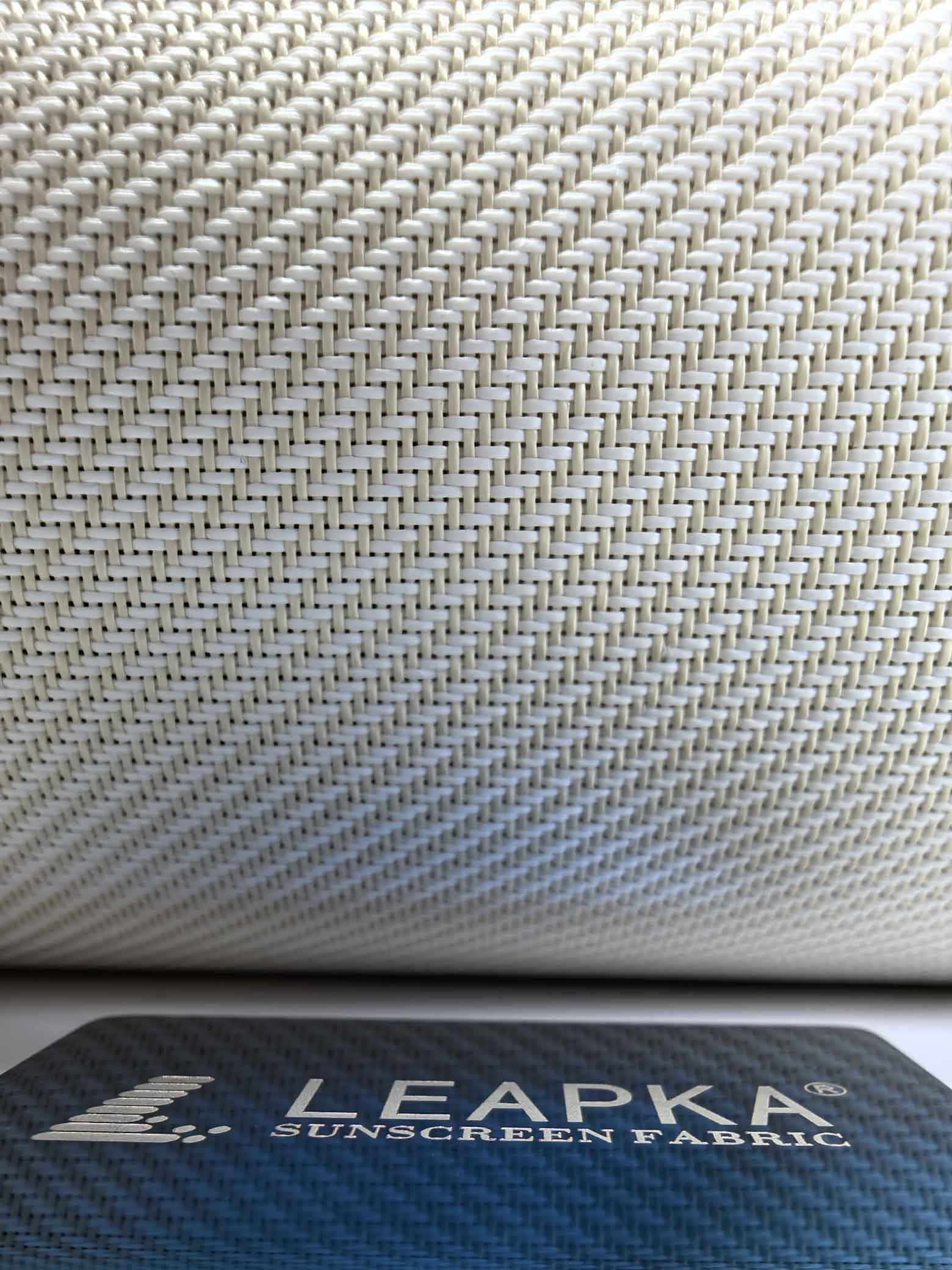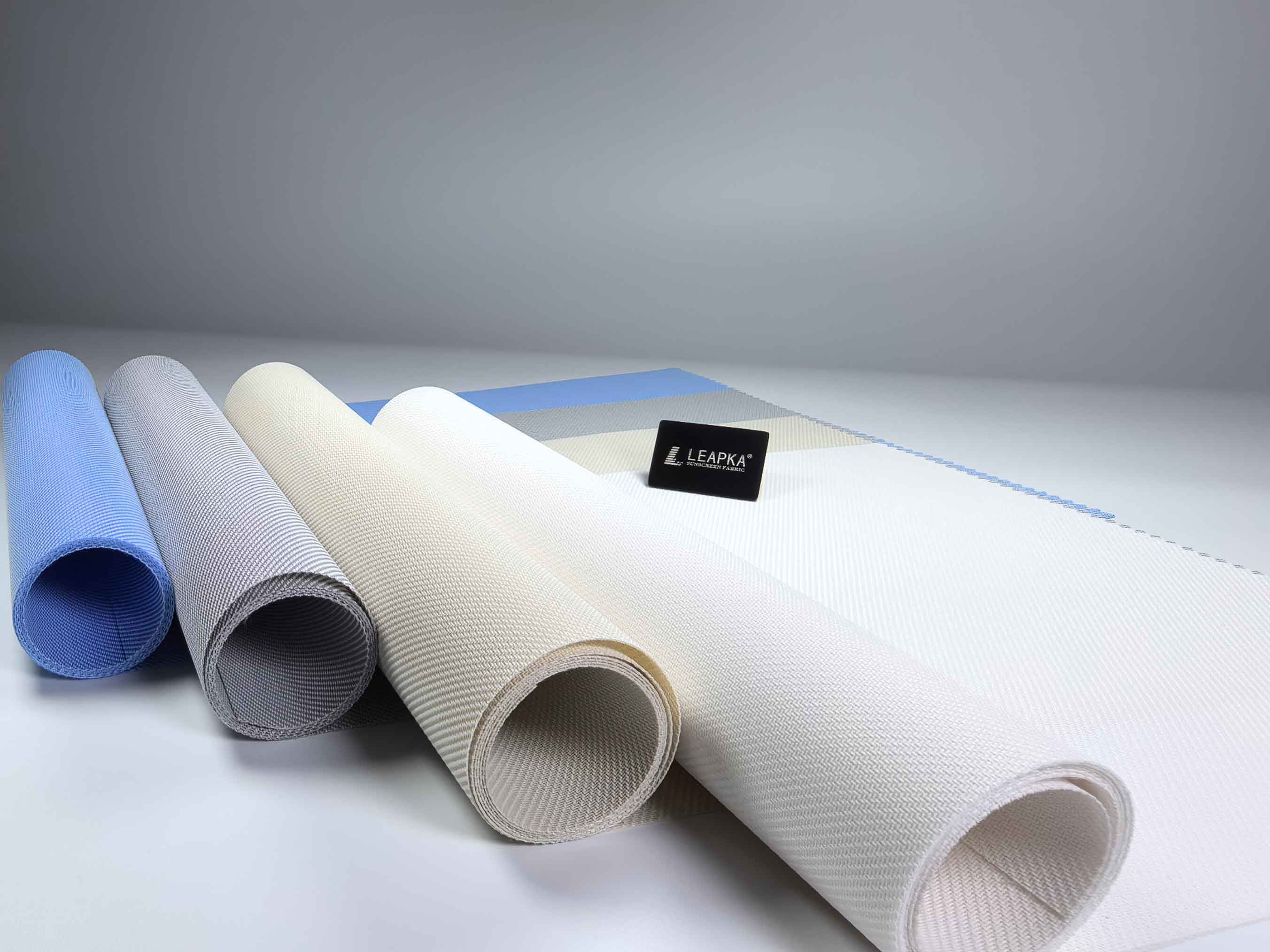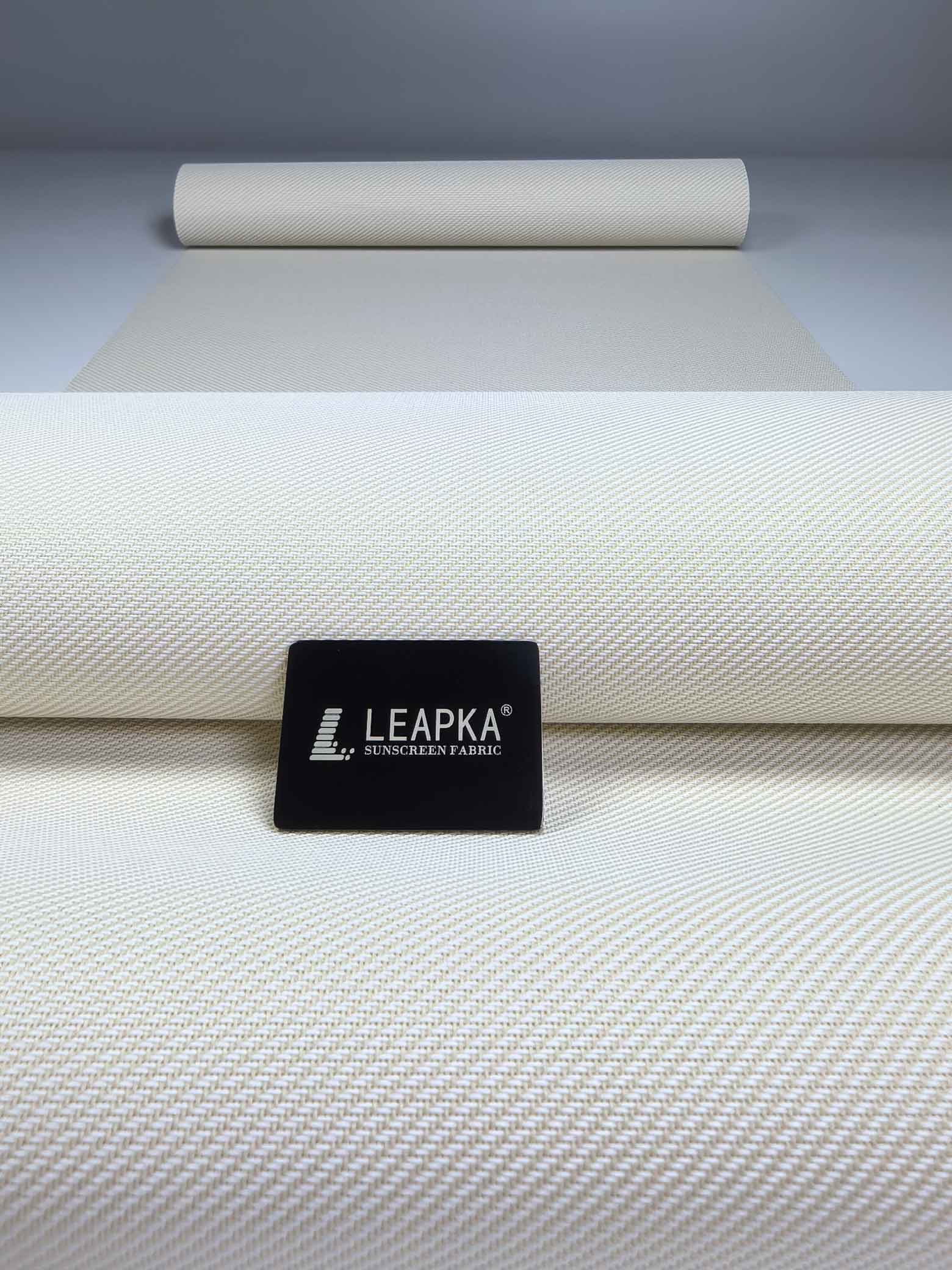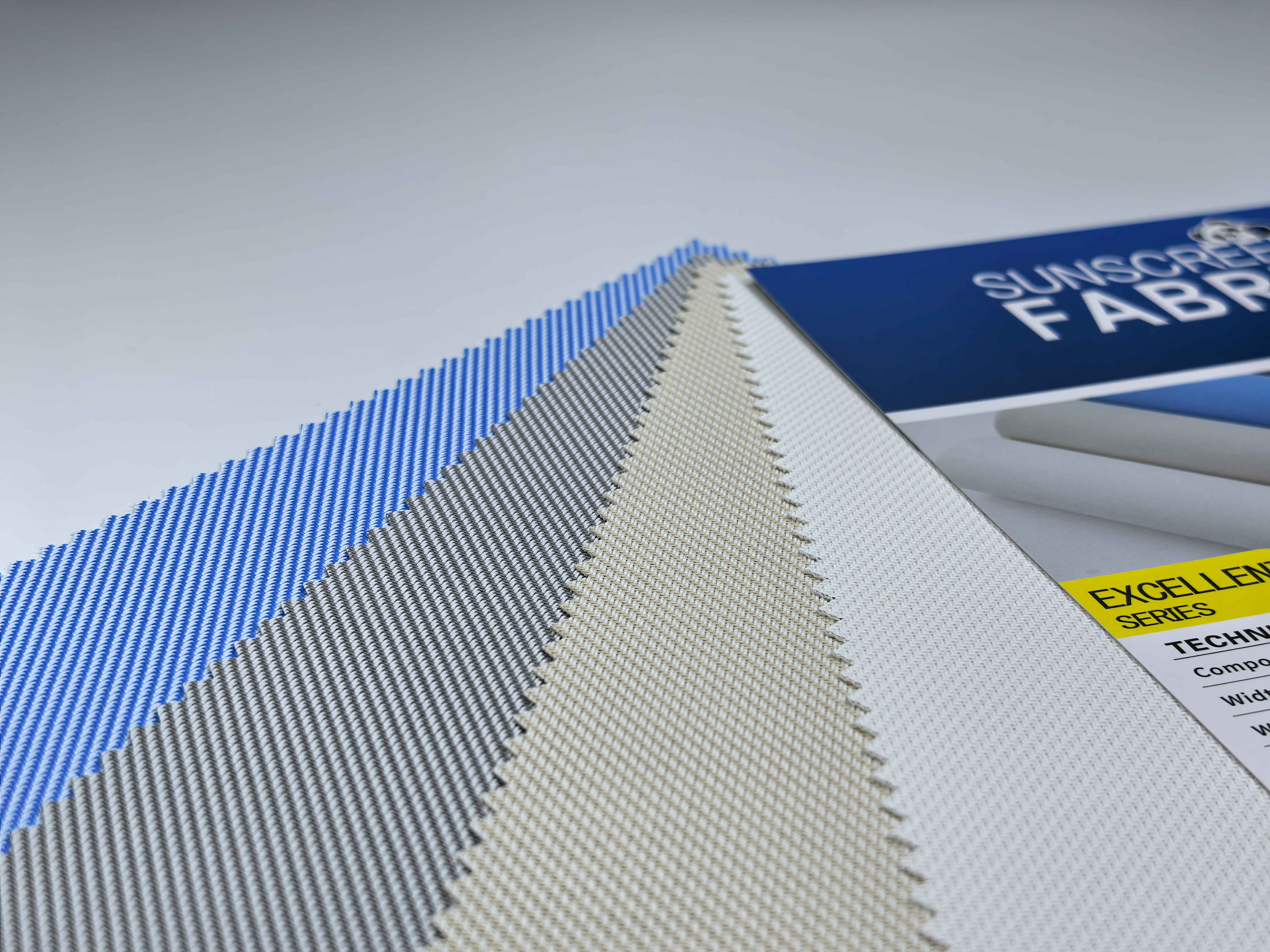Industry Contemplation: Potential Evolution in Solar Management Textiles
The architectural textiles sector continues to evolve within a complex matrix of technological possibilities, environmental considerations, and shifting market dynamics. While established product families like the L3 Thin Twill Weave Series represent current performance benchmarks, the industry confronts multiple potential development trajectories without definitive direction. This analysis explores various factors that might influence future progression of Sunscreen fabrics technologies and commercial landscapes.
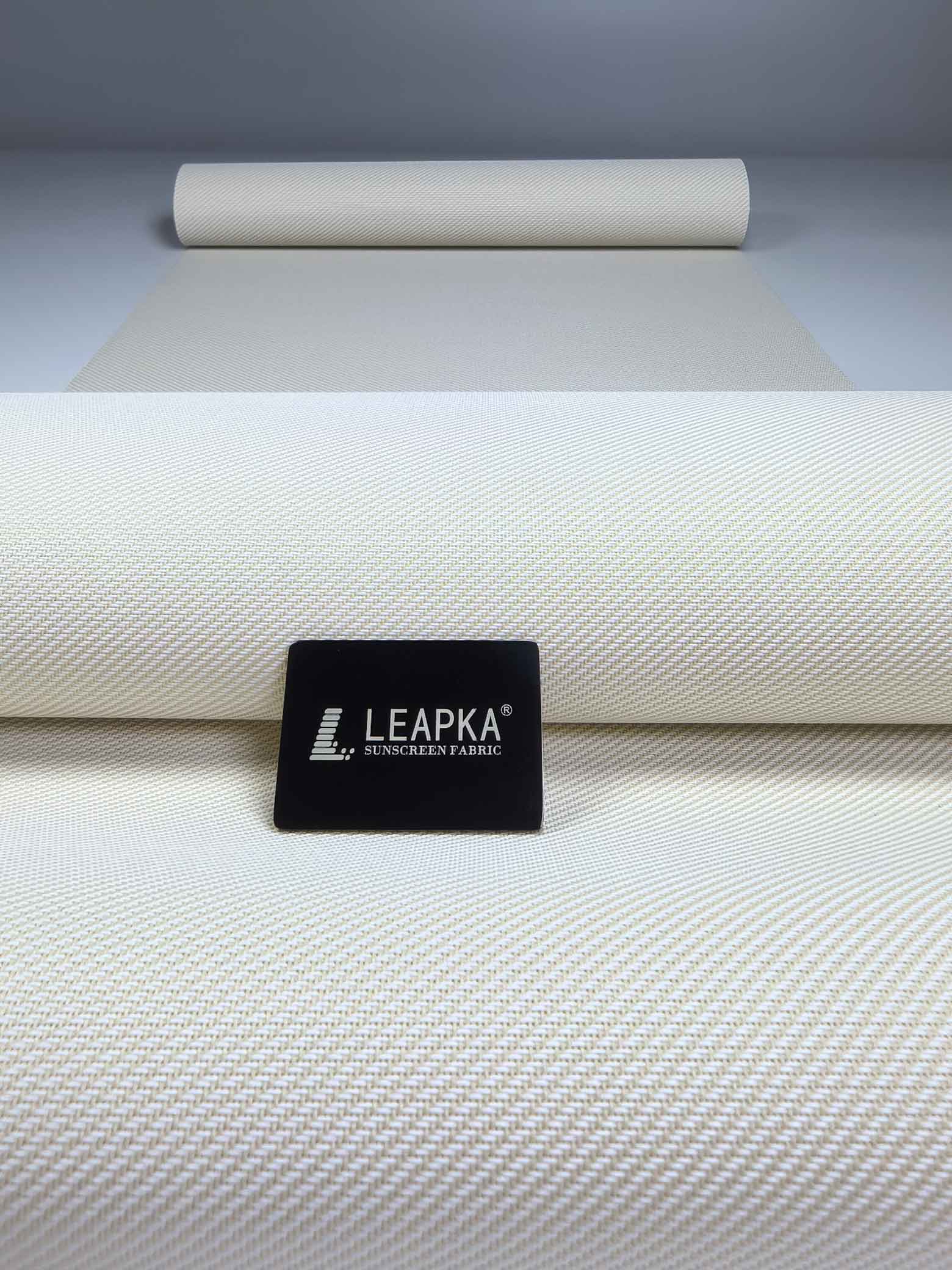
Material Science Considerations
The progression of material technologies suggests several potential pathways:
Advanced Formulations: Continuing investigation into novel material syntheses, though achieving performance parity with established products presents significant challenges
Environmental Impact: Growing emphasis on reducing production footprint through refined manufacturing processes
Performance Enhancement: Ongoing research into improved functional attributes through sophisticated textile engineering
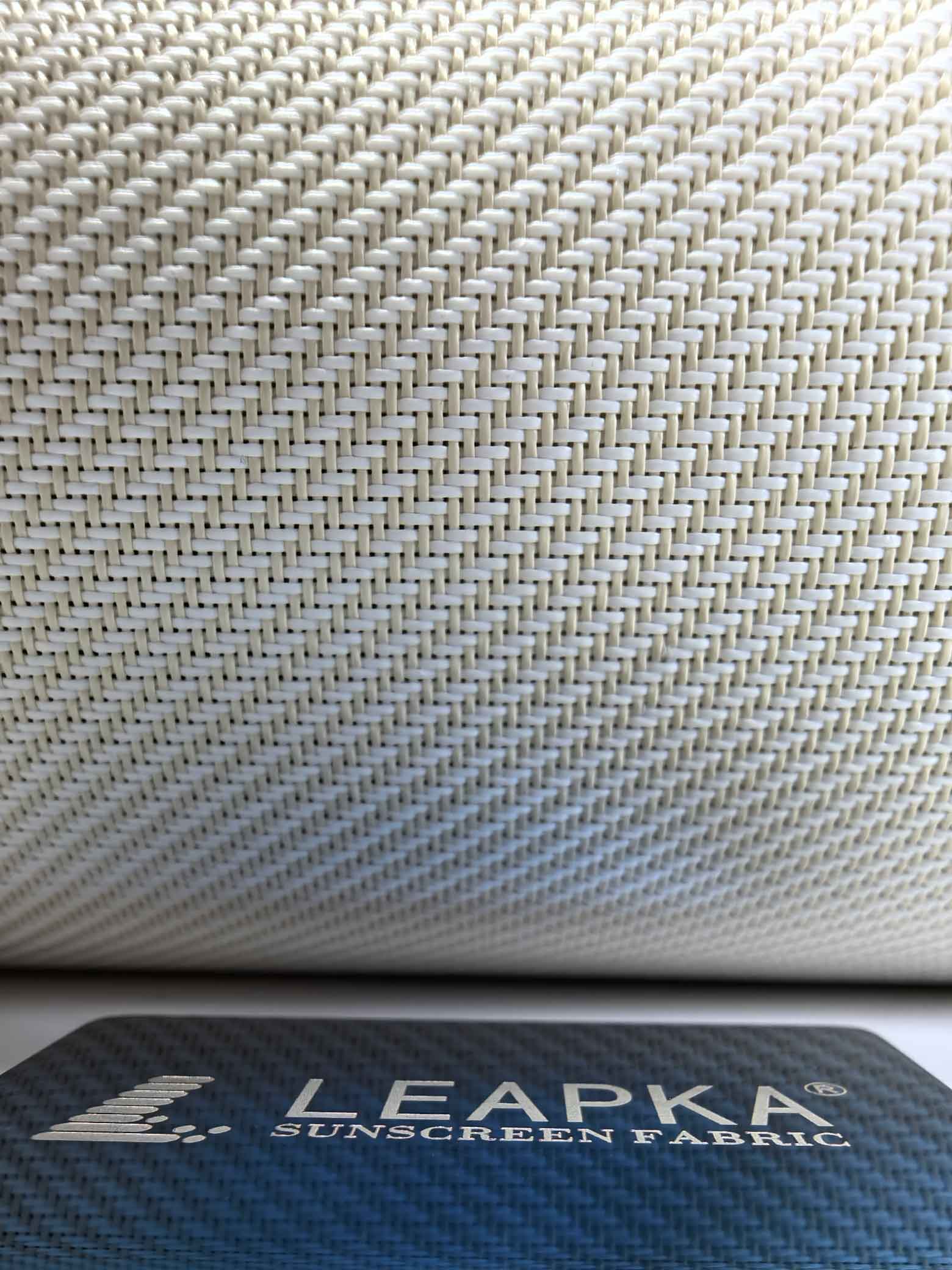
Sustainability Reflections
Environmental considerations persistently shape development dialogues:
Lifecycle Optimization: Initiatives to enhance environmental performance across comprehensive product lifecycles
Resource Management: Considerations regarding raw material selection and production efficiency
End-of-Life Strategies: Exploration of viable recycling and repurposing approaches for architectural textiles
Performance Enhancement Possibilities
Potential areas for functional advancement include:
Optical Properties: Investigation into advanced light management and spectral modification capabilities
Material Durability: Development of improved resistance to environmental stress factors
Multi-functional Integration: Examination of supplementary performance characteristics beyond primary solar control
Market Dynamics and Application Trends
Evolving specifications influence development directions:
Architectural Preferences: Changing design paradigms affecting color and texture requirements
Performance Expectations: Increasing demands for energy optimization and environmental control
Technical Integration: Growing necessity for compatibility with intelligent building management systems
The future development of Roller blinds Fabrics technologies will likely be shaped by complex interactions between these elements, with no single trajectory emerging as clearly dominant. The industry continues to investigate multiple possibilities while sustaining established product lines that address current market needs and performance standards.








